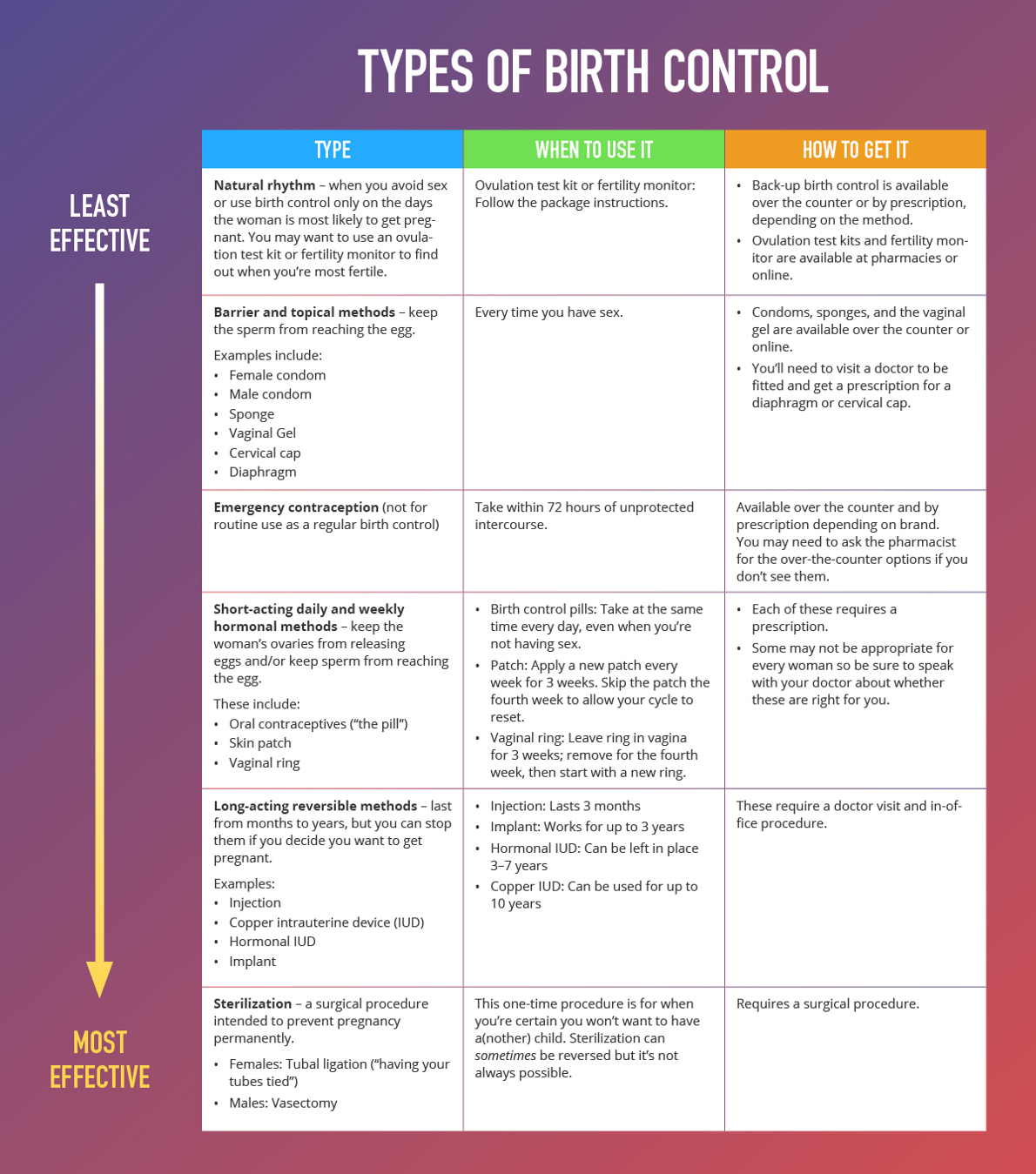Women's Health: Resources, Birth Control Options, and More
[Image description: An illustration shows a woman holding birth control pills.]
For the purposes of this article, we use “male” to refer to those with male sex organs, and “female” or “woman” for those with female sex organs. If you don’t identify in either of these ways, please feel free to use the information however it is most useful for you.
Women's health encompasses a broad spectrum of care — focused on the treatment and diagnosis of conditions that affect a woman's physical and mental well-being throughout life. This can include preventive care and screenings, breast care services, sexual health, gynecology and reproductive health, pregnancy and childbirth, as well as dermatology, nutrition, sleep, mental health, and more. This article will primarily focus on birth control, pregnancy, and mental health care.
Resources for women
- For women's health: Womenshealth.gov
- For general health: Familydoctor.org and health.gov
- For mental health: SAMHSA.gov, nih.gov, nami.org
- For women's health services on Amwell:
Birth control options
If pregnancy isn’t in your plans — for now, for the foreseeable future, or forever — there are many birth control options you can choose from. However, they all work in different ways and for different periods of time. Some are more effective than others and some require more diligent use than others. It can be confusing to sort out your options and decide which one is right for you. We’re here to help!
Types of birth control
One place to start is by understanding the primary types of birth control and how they compare. Here’s an overview, in order from least to most effective:

Choosing the birth control that’s best for you
Choosing a birth control method is a highly personal decision. Amwell Women’s Health clinicians can answer your questions and help you determine which may be best for you. When weighing birth control methods, you may want to consider factors such as:
- Whether or when you might want to have a child
- Your health
- How often you have sex
- The effectiveness of each method
- Possible side effects and risks with each type
- Whether you’ll need a prescription, doctor visit, or procedure
- How easy or difficult it will be for you to use your chosen method as recommended
Keep in mind that your needs and plans may change over time, and you may want to switch birth control methods as your situation changes.
Other important considerations when choosing birth control
Most birth control methods are considered safe, but they can raise health risks in some cases. For example, hormonal methods such as birth control pills can raise a woman’s risk for blood clots and high blood pressure. These side effects are rare, but serious as they could cause heart attack or stroke. In particular, women who are 35 or older and smoke tobacco are strongly warned not to use estrogen-containing hormonal birth control because of their higher risks for heart attack or stroke.
IUDs slightly raise the risk that a fertilized egg will implant somewhere outside the womb, called an ectopic pregnancy. While rare, it’s serious and requires immediate medical treatment. Other rare but serious risks from IUDs are infection and puncture of the uterus.
It’s also important to be aware that most forms of birth control won’t protect you from sexually transmitted infections (STIs) such as HIV. The only types that can protect you against STIs are male or female condoms. Unfortunately, condoms aren’t the most effective at preventing pregnancy though, so you may want to use them in addition to a more effective form of birth control.
Some methods (diaphragm, cervical cap, sponge) involve a spermicide — a substance that kills sperm. Spermicides containing the chemical N9 (nonoxynol 9) can cause irritation of the vagina and rectum, and may increase your risk of getting HIV if your partner is infected.
There may also be added benefits to birth control. Some hormonal methods have been shown to help with health concerns such as:
- Polycystic ovary syndrome (PCOS)
- Endometriosis
- Irregular periods
- Menstrual cramps
- Premenstrual syndrome
- Acne
If you have one of these conditions, talk with a women’s health provider about whether a birth control option might make a difference in your health.
Using Amwell for family planning and pregnancy
If you are pregnant or trying to become pregnant, here's how Amwell providers can help:
- If you are newly pregnant and haven't seen an ob-gyn physician yet, doctors can help with urgent care conditions, including colds, eye infections, upset stomach, nausea, and general questions. If you do have an ob-gyn, you should see them for medical care.
- Women's health providers can provide advice and answer questions about family planning.
Women's health and mental health
Mental health impacts your well-being and overall health. Therapists and psychiatrists with Amwell are available to provide support and care. You can have a telehealth visit from anywhere and appointment times are flexible, including weekends and nights.
Get support for:
- Anxiety
- Depression
- Stress
- Grief
- Life changes
- And more
Looking for care? Schedule an appointment with Amwell today.